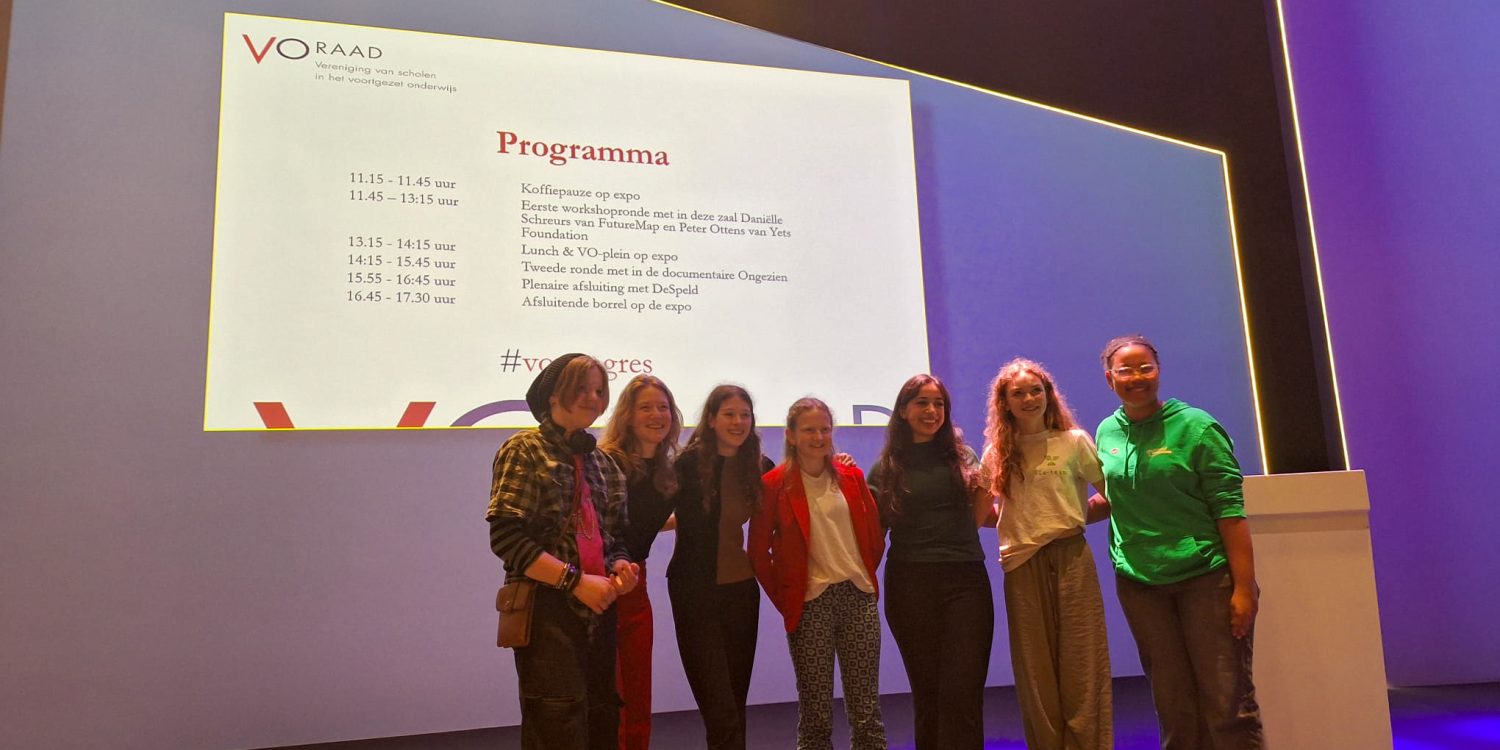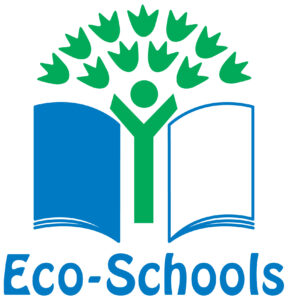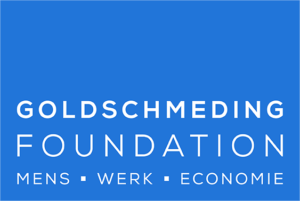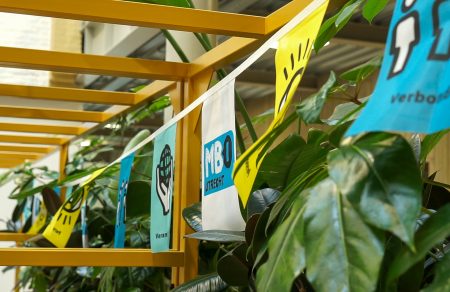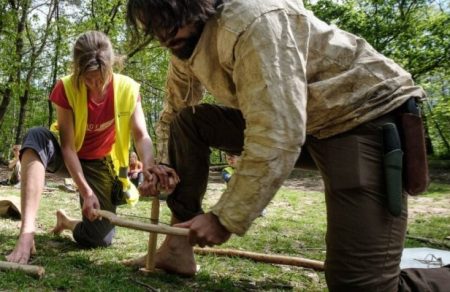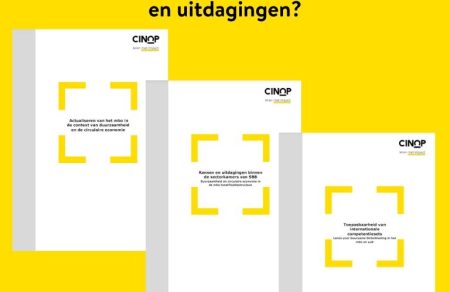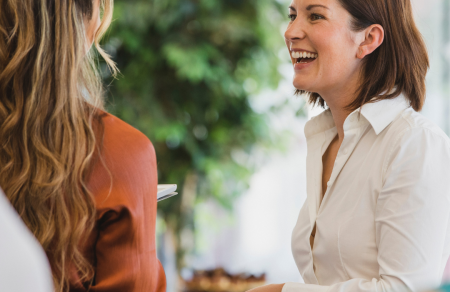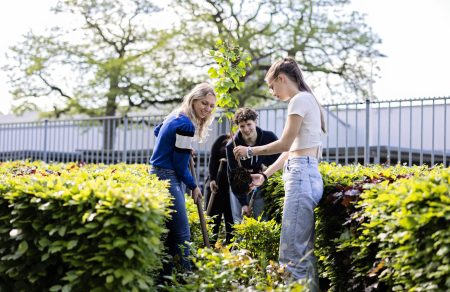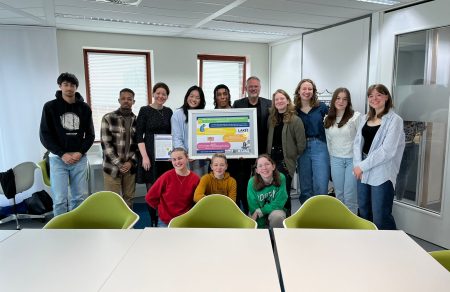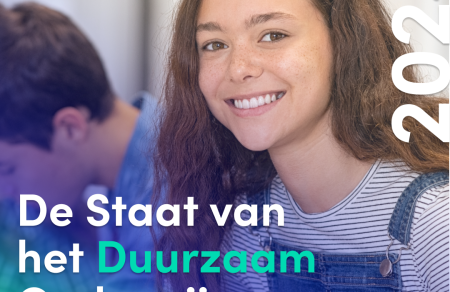Angry, scared and sad. One in five young people say they feel regular to frequent stress when they think about the climate crisis. How do we give students an action perspective to make change themselves? At the VO-congress, which took place on April 11, Eco-Schools Netherlands and Coöperatie Leren voor Morgen gave tools to put students in the driver's seat. Overarching that day, we delved into the experiences of the current generation of students: Generation Z, born between 1997 and 2010, and Generation Alpha, born after 2010. How exactly can we reach them with programs like Eco-Schools and SustainaBul VO?
Growing concerns among young people
One notable topic touched on during the conference was the growing concerns among young people about climate change. About one in five young people experience regular to frequent stress when thinking about the climate crisis. They feel powerless and despondent or sleep poorly. Specifically, Generation Z and Alpha are often described as simultaneously more vulnerable and empowered, more open and conservative, more self-aware and heavy-handed than earlier generations. Clearly, there is a plethora of thoughts and feelings going on in their heads. While the world is at their feet, many of them also experience great performance pressure, fear of missing out and worries about the future, such as "will I be able to find housing soon?
To prevent students from falling into negativity and passivity, it is very important for schools not only to impart knowledge, but also to offer prospects for action. Schools are the ideal testing ground for students to take action based on their interests, qualities and knowledge. By paying attention to these concerns and offering an action perspective in return as an antidote. But how can school organizations empower these future-makers? And what role can you take as an administrator, teacher or MT member?
Action instead of words
Generation Z and Alpha are activist generations; they want to take action. Therefore, as keynote speaker Hajar Yagkoubi emphasized, it is important that we provide the space for this. No empty words but practice what you preach / teach! "What are we going to do about it?" is what concerns today's youth. It is important that they can stand on the shoulders of millenials and move from awareness to action-oriented.
Engaging students in sustainability goes beyond simply conducting activities; it is about creating a culture in which sustainability is central. Students must feel heard and supported in their pursuit of a more sustainable world. In this, there must be enough room to shape sustainability in a way that suits them and to give space to their own ideas.
These characteristics of these generations fit seamlessly with the growing focus on citizenship in education. There are therefore opportunities to take this up collectively. Working on sustainability in this context means allowing students to put citizenship goals into practice!
Empowering Gen-Z
Within the Learning for Tomorrow Cooperative, 150 organizations (including educational institutions) work together to embed sustainable development in education. Here the focus is not only on supporting and facilitating teachers, but also on inspiring administrators and directors to integrate sustainability into the school culture. Eco-Schools also works on the basis of integral sustainability.
During workshop, therefore, concrete tools were offered for an integral sustainability approach, in which the commitment of students plays a central role. To this end, five students from different schools were present during the workshop. They are part of several Eco-teams. They shared what "student-led change" looks like for them in practice. They shared examples of actions they have initiated in their schools, as well as what they as students need from the teachers and school administrators present to continue. For example, the students perceive it as very normal to use a reusable bottle because the school had set up many water taps. They also ask their teachers and school administrators for space to take action and show what they are doing, for example by putting up posters or organizing an annual sustainability week.
Together with the students, the workshop participants got to work themselves, following the SustainaBul methodology by sharing good practices. Using the Whole School Approach, they collected what is already happening at their school in terms of sustainable development, and where they can still take steps. The participants went home with a variety of action points for their own schools: from starting a swap or give-away cabinet to putting sustainability on the agenda of the next team session and work meetings.
Actively contributing to sustainability at school
Inspired to get started yourself? As a school, you can actively participate in Eco-Schools, where you work with students to create an Eco-team. Within this program you put students in charge and empower them to take action themselves and make a positive impact on the school and the school environment.
You can also participate in the SustainaBul VO, a cooperative questionnaire that gives you insight into the sustainability of your school and allows schools to learn from each other by sharing best practices. The SustainaBul is designed so that beginning schools and schools that have been working on sustainability for some time both gain insight into what next step is appropriate. You can also use the questionnaire as a baseline and conversation starter.
